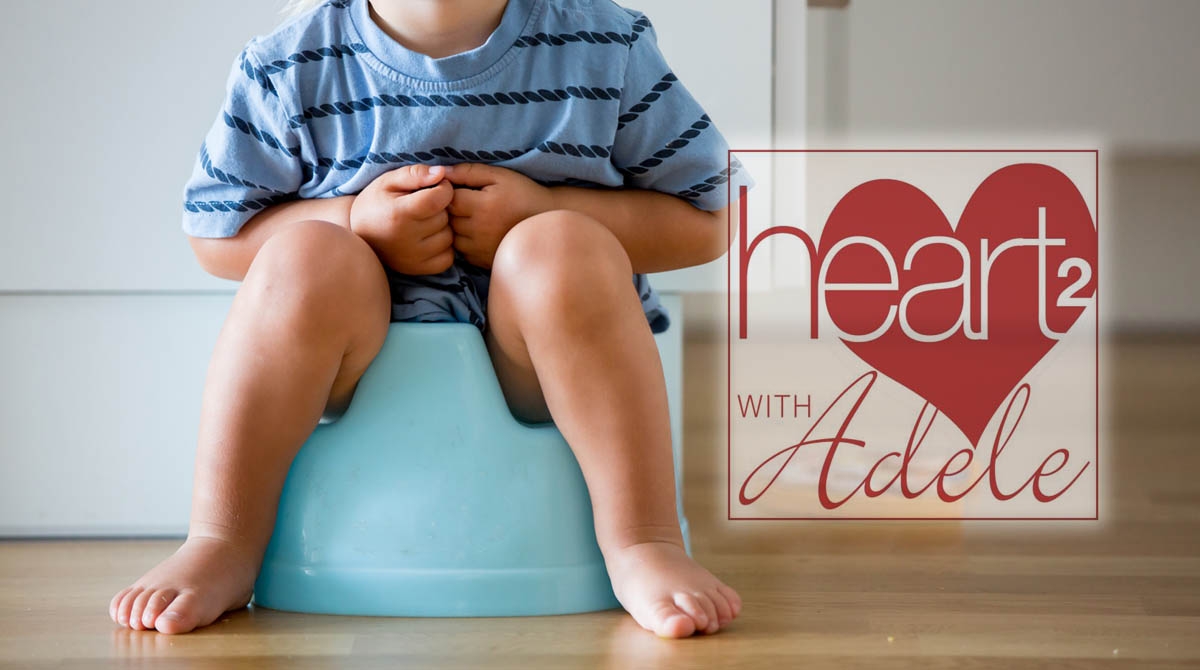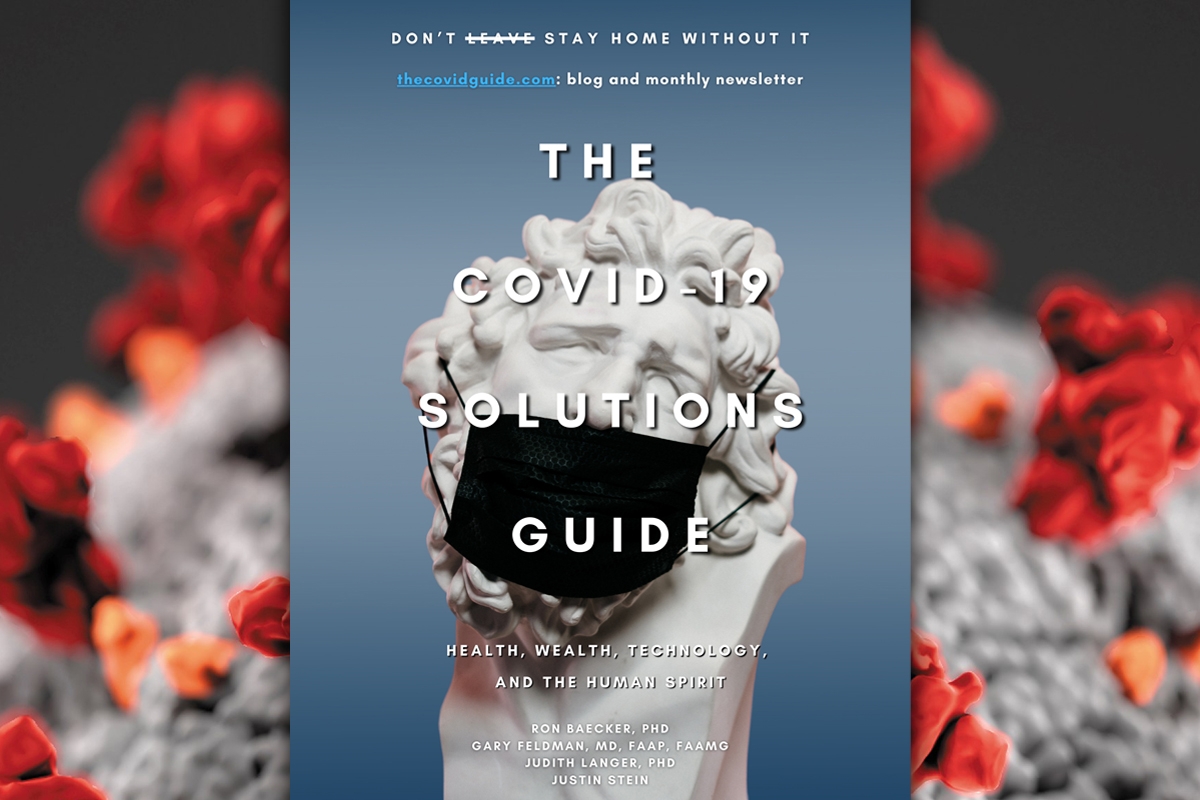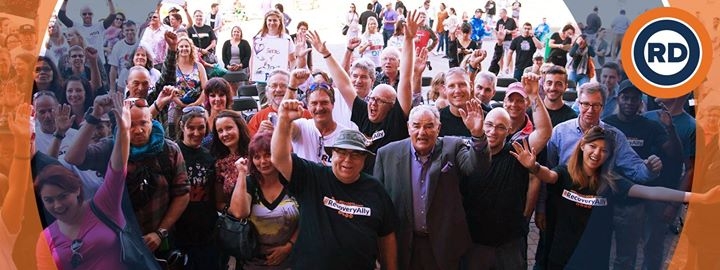
Recovery Day Ottawa Spreads Hope and Awareness
“If we don’t break the stigma associated with substance use disorders and process addictions, then we will never see recovery. If there is no visible recovery and support for recovery, then there is no visible hope for those suffering and those that care for them. This is a complex issue and we need to work together. There are no simple answers.”
 These are the words of Gord Garner, producer of Ottawa’s annual Recovery Day taking place this Saturday at City Hall. The event, put together alongside The Community Addictions Peer Support Association (CAPSA), is one where hope, kindness and inspiration are offered not only to raise awareness on addiction/recovery issues but also one that hopes to smash the stigmas surrounding them.
These are the words of Gord Garner, producer of Ottawa’s annual Recovery Day taking place this Saturday at City Hall. The event, put together alongside The Community Addictions Peer Support Association (CAPSA), is one where hope, kindness and inspiration are offered not only to raise awareness on addiction/recovery issues but also one that hopes to smash the stigmas surrounding them.
It’s those stigmas that played a large role in Gord dedicating so much of his life to helping those in need. He looks back upon one instance remains etched on his mind as he speaks of a woman he took to the emergency room. This person was crying out for help, recognizing her substance use disorder and look to seek treatment and withdrawal services. As they were leaving the hospital a doctor would say to Garner: “You know, she's just going to drink again, anyways.”
Garner, without missing a beat, replied: “You need to know people get better.”
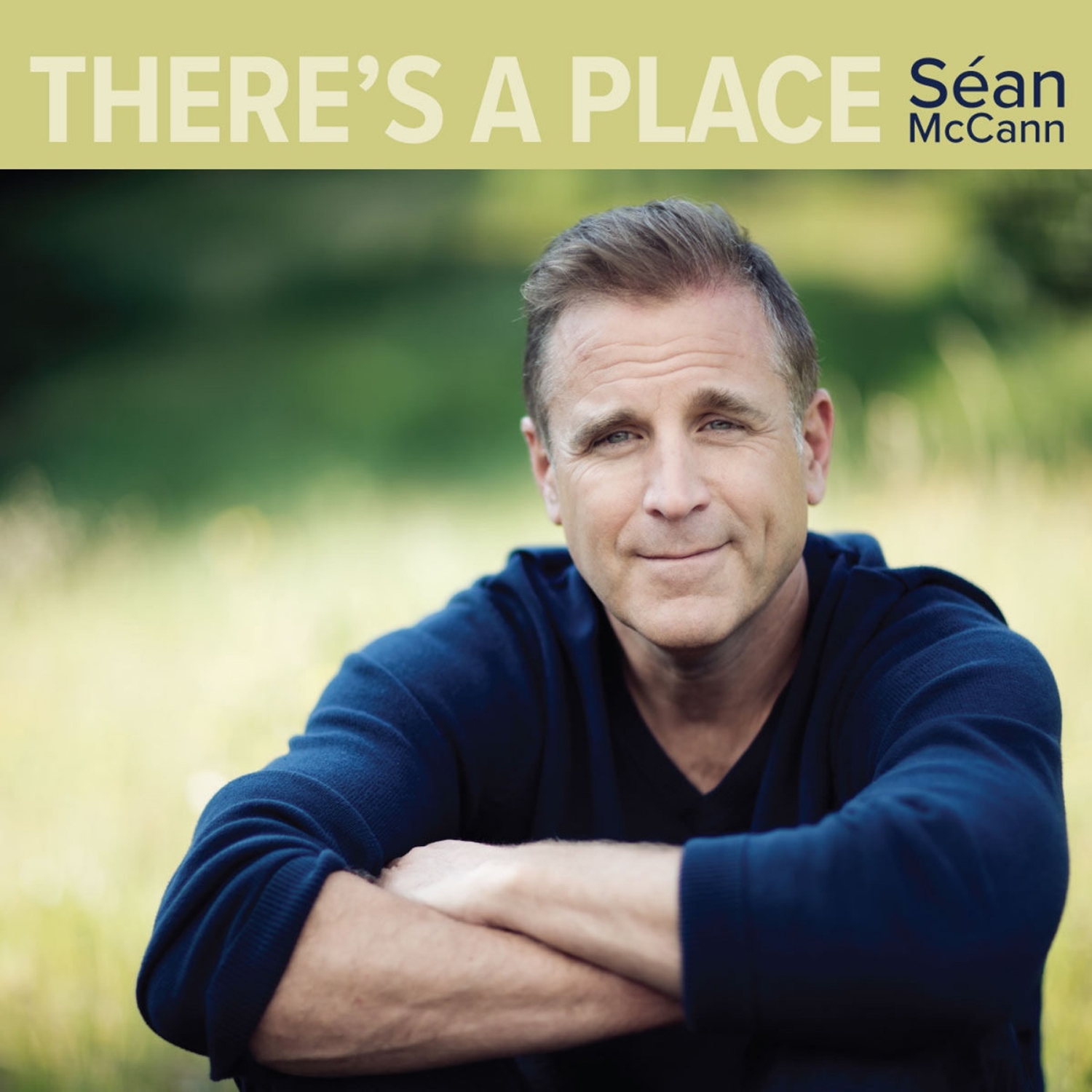 It’s strong statements like these that organizations like CAPSA wish to add a few exclamation points on. Association Chair Raylene Lang-Dion has a personal connection to Garner who helped her daughter find hope within recovery after reaching her decision point.
It’s strong statements like these that organizations like CAPSA wish to add a few exclamation points on. Association Chair Raylene Lang-Dion has a personal connection to Garner who helped her daughter find hope within recovery after reaching her decision point.
“Getting involved with CAPSA and Recovery Day Ottawa is my way of thanking Gord for being in our life, for being the generous and kind man he is, and my way of thanking Ottawa’s recovery community,” says Lang-Dion.
“We were welcomed into recovery with open arms, no judgment, and the kindness we received from others was beyond anything I imagined. It is an understatement to say that this experience restored my belief in the genuine kindness of people and the strength of our daughters’ character.”
Last year Garner and CAPSA rallied multiple musicians and entertainers to their cause, each with their own message to share with RDO attendees. This year performers like Daphne Willis, Cody Coyote and Séan McCann will open up about their own experiences in an effort to help others remove some of the initial fears when it comes to moving forward.
For McCann, it was leaving his homeland of Newfoundland and one of the biggest band’s in Canadian music, Great Big Sea, because the life fed into his addiction.
For Willis, it’s moving beyond ten years of self-medicating to walk what she calls the “healthy path”.
For Cody, it includes an early life of bullying, lack of connection to his Indigenous cultural identity and an internal anger that saw him turn to steroid use in an effort to bulk up and seek revenge.

“My time with steroids continued for a year and a half and during this time alcohol was still present as well. It became a normal thing to use, work out then party when opportunities arose. Something else that became normal was meeting up with a site van to pick up needles which eventually made me understand that I now had a problem,” says Cody, explaining how strong connections to the Odawa Native Friendship Centre an elder Thomas Loutit helped him on the road to 5 years of sobriety (and counting!).
McCann, who now gives talks about his journey to recovery as well as spreading hope through his music, says everybody is worth of love. “We all deserve another chance.”
“I try to convince people that no matter how hard things get, we should never give up. The first 9 months of my recovery were brutal. I lost most of my "friends" and felt isolated and alone, and I began to remember the pain from my own past. I really wanted to drink but I reached for my guitar and started writing songs instead. Music is strong medicine because it helps us face the really bad things that happen in life. My guitar pulled me out of the darkness and helped me to help my self.”
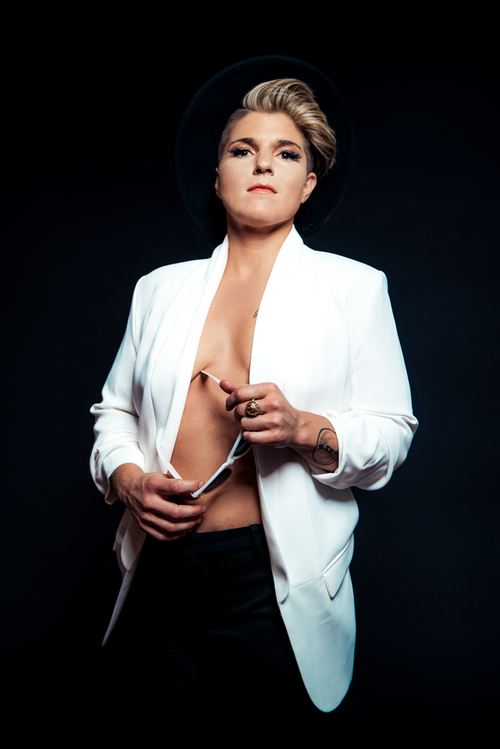
Willis adds that the stigmas surrounding addiction can be massive hurdles for those facing such issues. She says mental health and depression are things people are still afraid to talk about. “The more we open up to each other about our mental health, the less likely we will be to turn to drugs and meld medication.” The Nashville singers song “Somebody’s Someone”, written with friend shows how there can always be somebody to turn to.
Each of Saturday’s performers point to Recovery Day Ottawa as an important step in the right direction. It’s a day where it is okay to say you’re afraid, a day to be open and one in which to find support.
“Recovery Day Ottawa is a safe space for so many and knowing that there is a day where we can all come together to celebrate recovery, understand one another, share, learn and be reminded of our strengths is truly something that is special,” says Cody, adding that though the event was one he loved immediately he still found himself feeling nervous at first when it came to actually getting involved. It’s something many others can relate to.
“Despite the nerves I knew that I wanted to be involved somehow after learning what it was all about. Seeing that there was so much support for those battling addictions made me grateful but I also understood that I could also help out and till this day I will always offer help wherever I can to those who are in need of it.”
Ottwa is not the only city to break down the walls and be more public about recovery. The concept started decades ago in the U.S. with cities like Philiadelphia going from 60 attendees to a recent 25,000. Garner believes Ottawa will one day hit 10,000 strong standing together with the event having already grown to 2,000 in only 5 years.
“Once that stigma barrier is crossed the surge in growth will be even more phenomenal,” he says.
Recovery Day Ottawa takes place from 10am – 4pm at City Hall on September 23. The event is free to attend.

